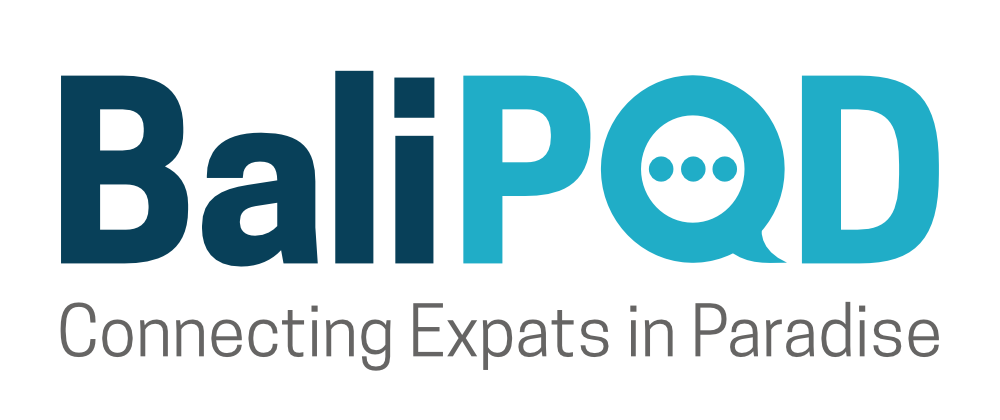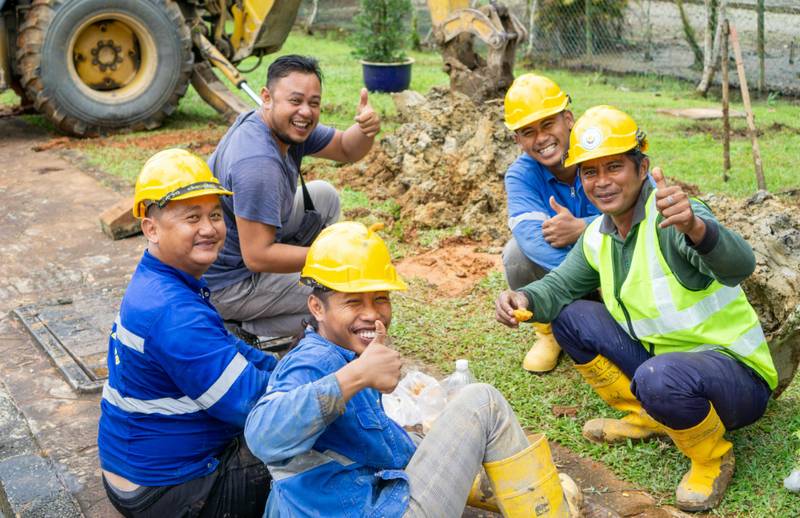Jakarta Globe is reporting that President Jokowi’s Special Economic Zones (SEZs) have turned out to be giant job makers as these proposed new centers of growth employ hundreds of thousands of people.
Creating job opportunities for Indonesia’s large population has become one of the mammoth tasks that the Jokowi administration has had to tackle. These SEZs are among Jokowi’s strategies for job creation as well as offering investors a suite of incentives ranging from easier permits to corporate income tax deduction, in the hopes that they will build their factories here. Their expansions will eventually lead to job opportunities for the locals.
The government began assigning the SEZ status in 2012. Banten’s Tanjung Lesung became the first SEZ to focus on tourism. The government also appointed North Sumatra’s SEZ Mangkei as the country’s first industrial SEZ. But it was only until 2015 when the said two SEZs entered operations. Since then, the government has established a total of 24 SEZs across the archipelago, two of them having only been awarded their special economic zone status not long ago, according to Jakarta Globe.
Government data showed that 22 SEZs had recorded investments of up to IDR 205.2 trillion (USD 13.3 billion) as of June 2024 since their inception. These SEZs have spurred jobs for 132,227 people from the 368 businesses that are active in the zones. This does not include the recently announced Banten International Educational, Technology, and Health SEZ, which is forecast to create jobs for 13,446 people. Indonesia’s 24th SEZ, the Batam International Health SEZ, is set to generate 105,406 employment opportunities.
It is no surprise that most Indonesian SEZs are industry-based as Indonesia is in pursuit of taking a better advantage of its abundant natural resources. There are a total of 12 industry-based SEZs so far, including Central Java’s Kendal which has witnessed massive progress over the years, says Jakarta Globe.
The Kawasan Industri Kendal got its SEZ title in 2019, just a few months after Jokowi got re-elected. It was also in his second term that Jokowi ramped up his massive domestic processing push. Jokowi wants Indonesia to process its natural resources at home so the country will produce the higher valued goods. The domestic production activities will lead to job creation for the locals. The Kendal SEZ so far hosts 117 businesses, many of whom are Chinese investors.
“The Kendal SEZ has absorbed a workforce of 52,000 people, and 70 percent of them are Kendal locals,” Kawasan Industri Kendal’s marketing head, Julaini Sari Kusumaningrum, said, while adding that the rest of the workers come from nearby cities such as Demak.
Jakarta Globe reports that earlier this year, Jokowi launched the manufacturing plant for Chinese anode battery material company BTR in Kendal SEZ. The project is set to employ up to 7,800 workers. BTR will export the produced battery materials to American electric vehicle manufacturer Tesla and South Korean consumer goods giant Samsung, among others.
Source: Jakarta Globe
Stock image by Komet Flicker on Pexels
The post Special Economic Zones Are Giant Job Makers appeared first on Invest Indonesia.



